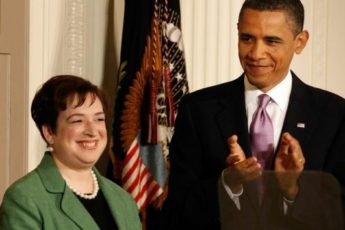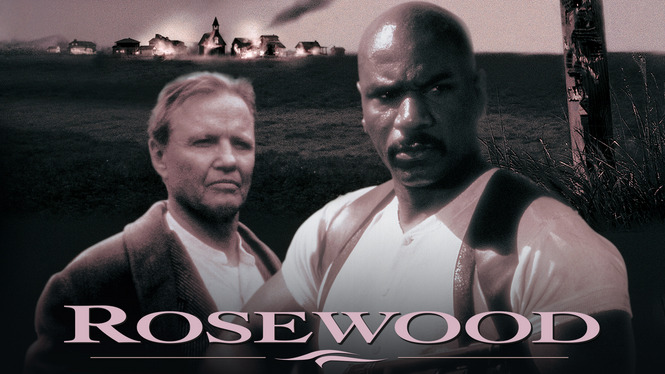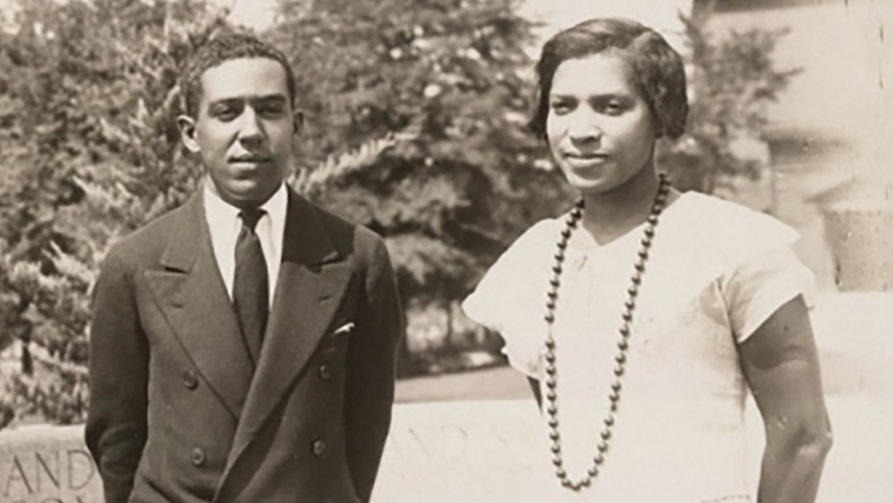The California Supreme Court held that a majority of people can take away fundamental rights, in the Prop 8 case marriage, of a minority group through the state ballot initiative process. This decision was not made in 1809 but in 2009. The California State Supreme Court ruling is not only wrong and illogical its decision violates the U.S. Constitution on the basis of equal protection and the fundamental right to marry and should be challenged in federal court. The Court states, “neither the language of the relevant constitutional provisions, nor our past cases, support the proposition that any of these rights is totally exempt from modification by a constitutional amendment adopted by a majority of the voters through the initiative process.” Unbelievable.
The far-reaching implications of such a holding is mind boggling. The rights of minority groups are not protected in the “liberal” California. On the whims of a majority, the state Constitution can be changed placing “narrow exception” limits on free speech and assembly, rights of women, African Americans, Latino Americans, or any group that becomes the target of a majority of voters. One could place on a ballot in California limiting the rights of women or particular women to marry. What’s to stop a majority of people to limiting marriage to only Americans of European descent but all other groups can have civil unions, with exactly the same rights as marriage, but they just cannot call it marriage. In California this could happen under the court’s ill reasoned analysis.
The Court in its ruling is apologetic and acts as though their hands are tied pointing out that other states place such limits on the ability to amend their Constitution but California’s limit only applies to revisions of the State Constitution and denying a fundamental right does not constitute a revision to the State Constitution but an amendment which can be added by a simple majority. The court here gets it wrong because as the dissent points out changing the definition of equal protection to include some discrimination certainly constitutes a revision to the State Constitution.
The sole dissenter Justice Moreno (not unlike Supreme Court Justice Harlan being the sole dissenter in Plessy), further gets it right, stating, “describing the effect of Proposition 8 as narrow and limited fails to acknowledge the significance of the discrimination it requires… Granting a disfavored minority only some of the rights enjoyed by the majority is fundamentally different from recognizing, as a constitutional imperative, that they must be granted all of those rights. Granting same-sex couples all of the rights enjoyed by opposite-sex couples, except the right to call their officially recognized, and protected family relationship a marriage, still denies them equal treatment.”









